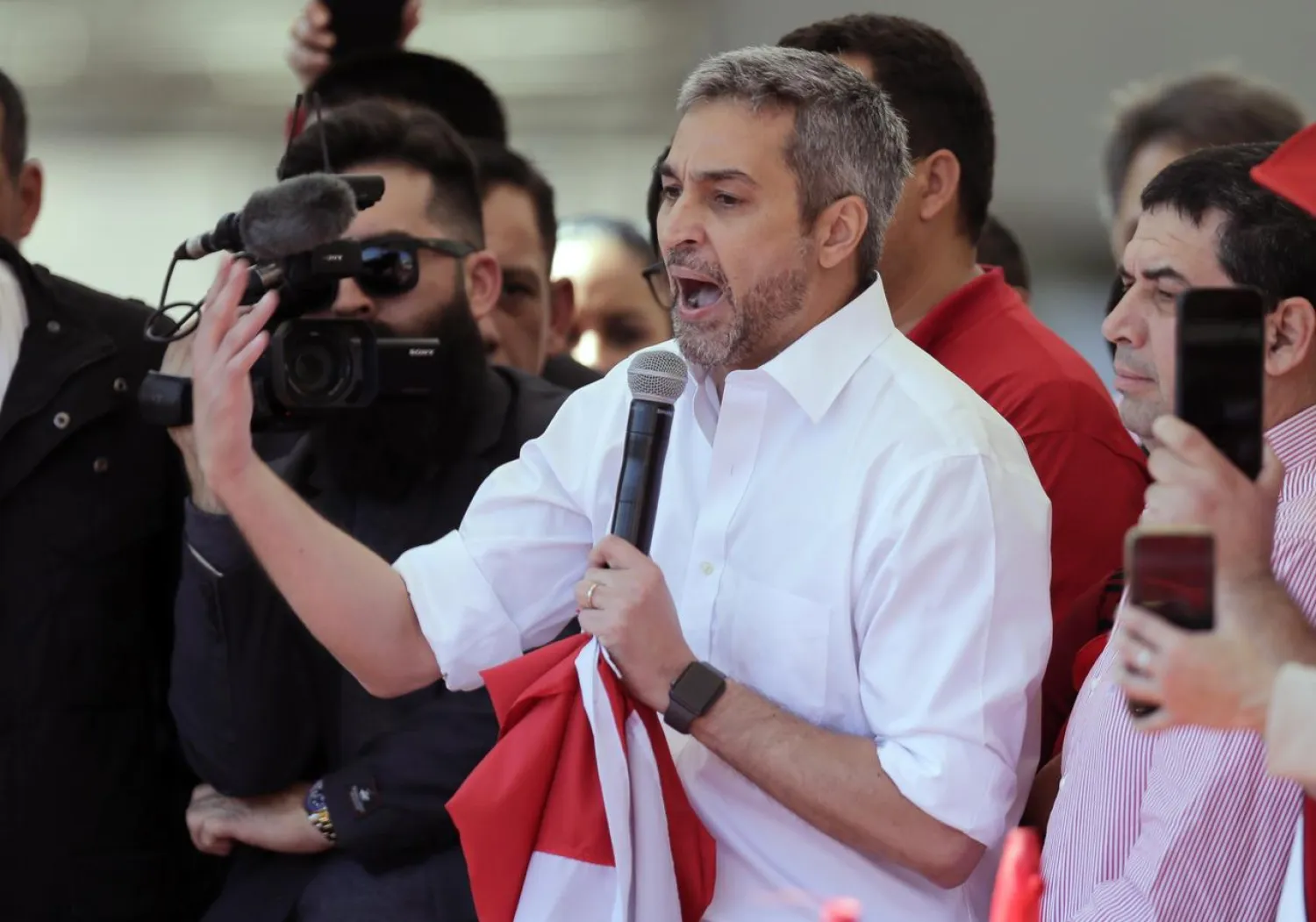President of Paraguay Mario Abdo Benitez has agreed to open a “diplomatic commercial bureau” in West Jerusalem after coming under Israeli and US pressure.
Benitez’ decision came a year after deciding to shut down Paraguay’s embassy in Jerusalem and relocate it to Tel Aviv.
Israeli Foreign Minister Israel Katz welcomed his latest decision, saying that consolidating the position of Jerusalem is a priority for the cabinet and the foreign ministry.
Opening an office is a significant first step that would hopefully be succeeded by other steps such as reopening Paraguay’s embassy to Jerusalem, Katz added.
The FM affirmed that Benitez’ decision was the result of relentless efforts made by the foreign ministry in cooperation with the US administration for the sake of rapprochement between Israel and Paraguay.
Once coming to office last year, Benitez, who is of Lebanese origin, reversed a decision by former President Horacio Cartes to move the diplomatic site to Jerusalem
Back then, Israeli Prime Minister Benjamin Netanyahu responded to his move by closing the Israeli embassy in Paraguay and summoning the ambassador for consultations.
Israel also turned to Washington to assist it in pressuring Paraguay into altering its decision.
According to diplomatic sources in Tel Aviv, Benitez’ decision wasn’t only the result of Arab pressure but mainly disappointment with Israel after no Israeli official visited the country and no Israeli businessmen fulfilled their promises to invest there.
When Israel started to change its policy and appointed a new ambassador, the president’s approach changed as well. He took an abrupt decision by declaring Hezbollah and Hamas "terrorist organizations."









